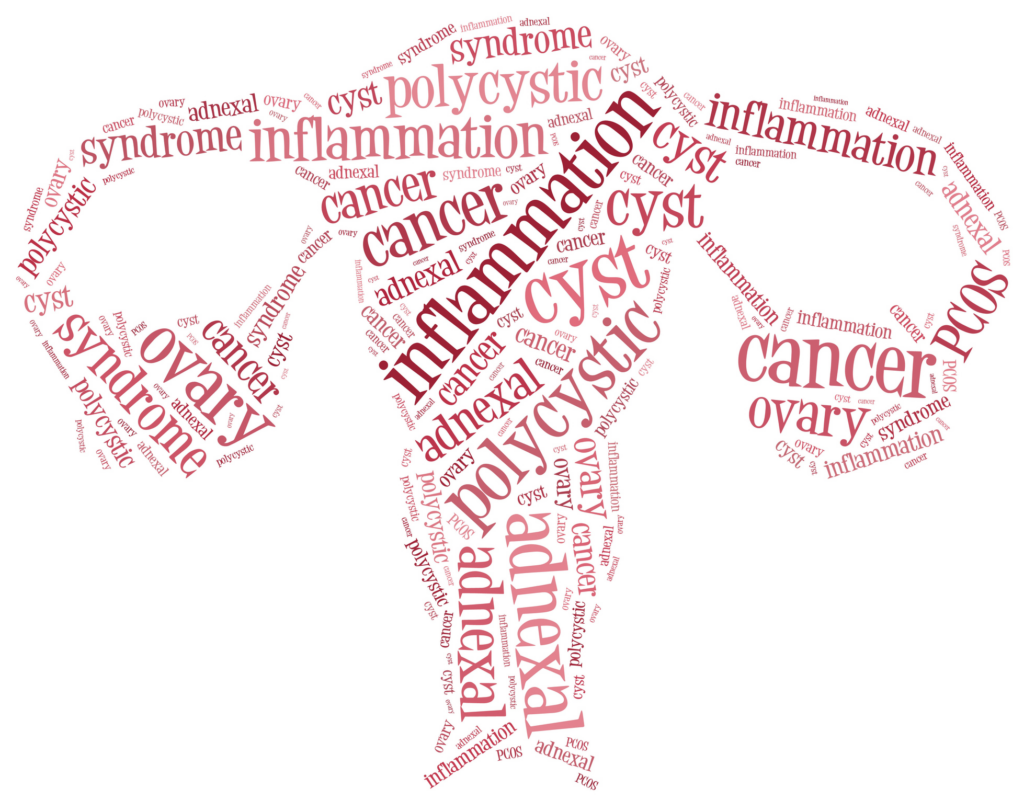According to the Centers for Disease Control, polycystic ovarian syndrome, or PCOS, is one of the most common causes of female infertility, affecting as many as five million women of reproductive age in the U.S. PCOS is considered a “chronic” health condition, with issues that can begin occurring during the teenage years and extend beyond the typical reproductive years.
Complications of PCOS can include:
- Infertility
- Gestational diabetes or pregnancy-induced high blood pressure
- Miscarriage or premature birth
- Nonalcoholic liver inflammation caused by fat accumulation in the liver
- High blood pressure, high blood sugar, and abnormal cholesterol or triglyceride levels that significantly increase your risk of cardiovascular disease
- Type 2 diabetes or prediabetes
- Sleep apnea
- Depression, anxiety and eating disorders
- Abnormal uterine bleeding
- Endometrial cancer
Signs of PCOS
Many women with PCOS will experience some degree of insulin resistance and have issues with bodyweight. Some women will also have high levels of male hormones that result in acne, hair growth on the face, and hair loss on the head. Very often, these women will have irregular or missed periods.
The good news about PCOS is that with some treatment, the large majority of these women will be able to stabilize their hormones to reduce the risk of cardiovascular disease and endometrial cancer and achieve pregnancy. A doctor may prescribe oral contraceptives to regulate the hormones and monthly cycles.
This information is not meant to diagnose any disease. Consult your doctor if you experience any of the symptoms mentioned above.
